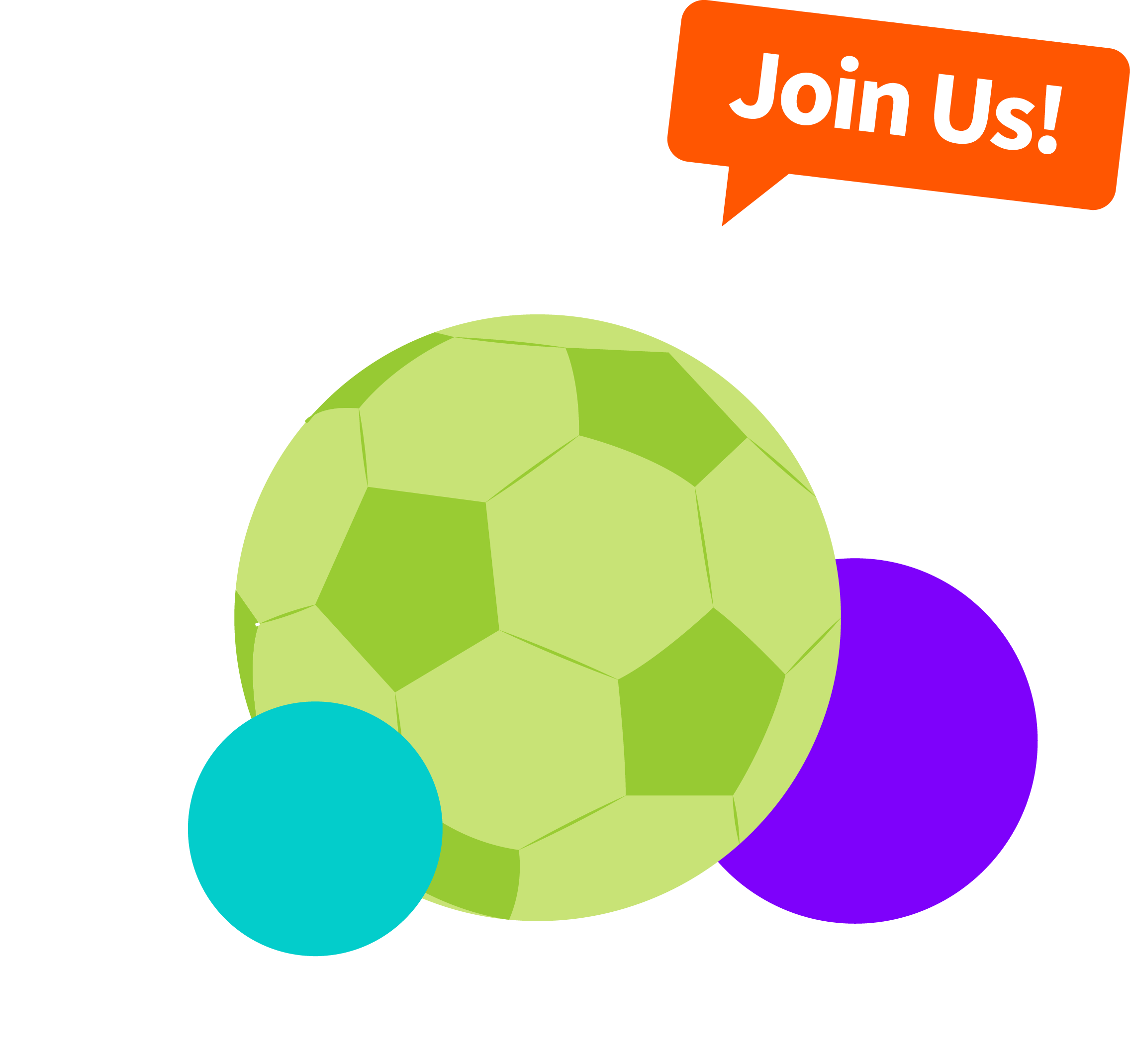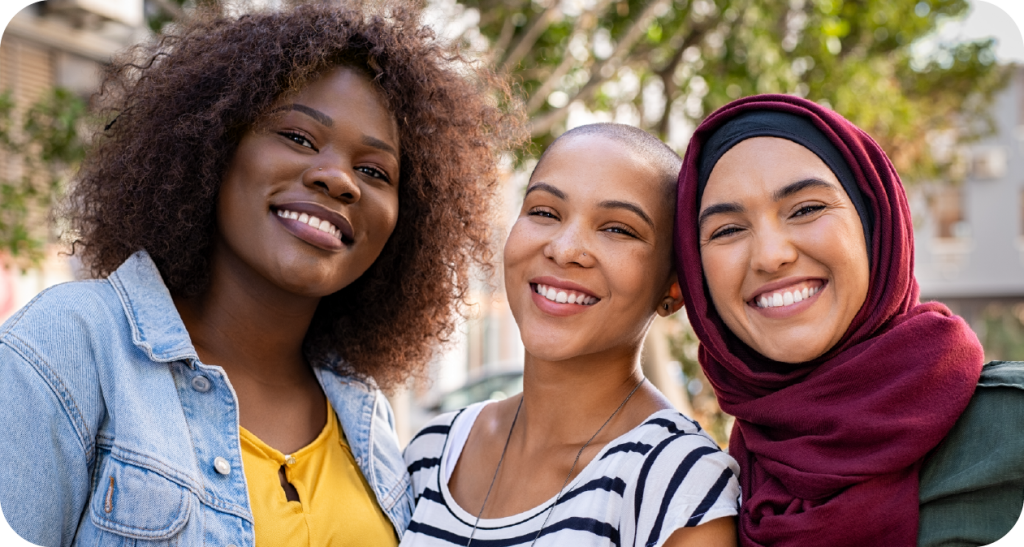
Explore the meaning of sports in local communities, the opportunities and costs of participating in sports, as well as how access, resources, and opportunities in sports differ for athletes due to different circumstances and conditions. With unique features including personal video testimonials and insights from athletes, youth learn about how sports shape lives, cultures, and opportunities.
Global Nomads uses the power of storytelling to promote empathy and bring social topics to life through day-to-day realities. Participating youth read authentic, impactful stories from youth participants around the world that reveal deep truths about global issues, then enhance the conversation by sharing their own stories with fellow Student to World users. All participants are eligible to participate in moderated live conversations with other youth from around the world.


Educators
Classroom teachers and school administrators.
Group leaders & mentors
Afterschool programs and groups, faith-based organizations, scouting, clubs, etc.
Independent learners
Individual youth participants.
Online Access, 4 Learning Modules,
Live Virtual Events, Age 13 – 19,
English, Arabic, American Sign Language
Teachers, Educators, & Leaders
Create an account and invite students or youth participants.
Students
If your teacher or group facilitator gave you a code.
Independent Learners
Take a course on your own.
Includes written text, images, videos, and multimedia.
Content is available in a growing selection of languages:
Module 1:
Best Self
Explore and share stories about the relationship between sports and one’s sense of self.
Module 2:
Local Adrenaline
Explore and share stories about the societal values reflected in sports, how local communities react to sports and how that reaction shapes their own relationship to sports.
Module 3:
Global Competition
Explore and share stories about how sports serve as a microcosm of society, noting the social dynamics reflected in sports and society. Learn about social movements that have been advanced globally in the world of sports and how sports can be further used as a platform for social justice.
Module 4:
Everyday Action
Explore and design action plans on how they can help create a sports culture that is more just and inclusive.
English Language Arts Standards
United Nations Sustainable Development Goals
CASEL Social & Emotional Learning
Asia Society Global Competencies
21st Century Skills
